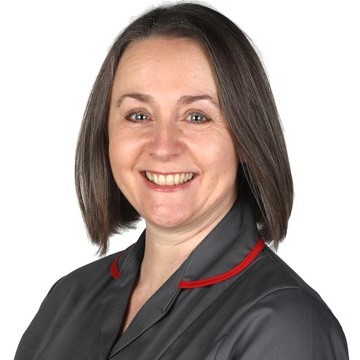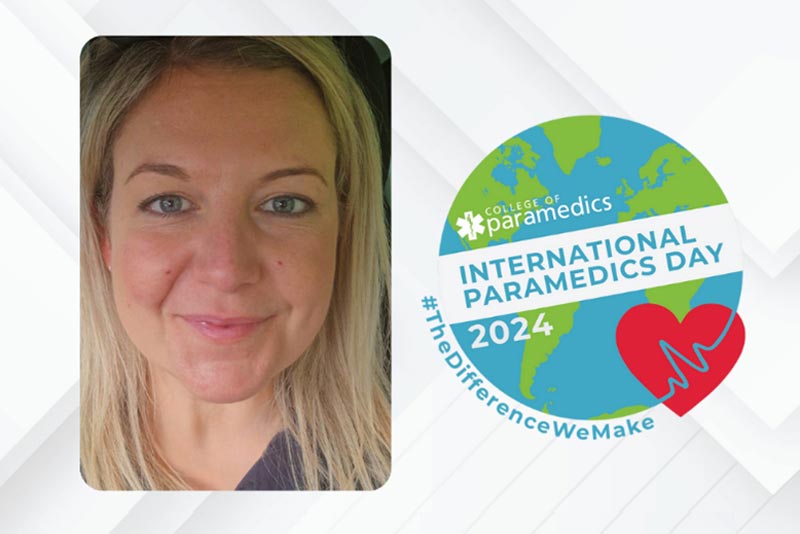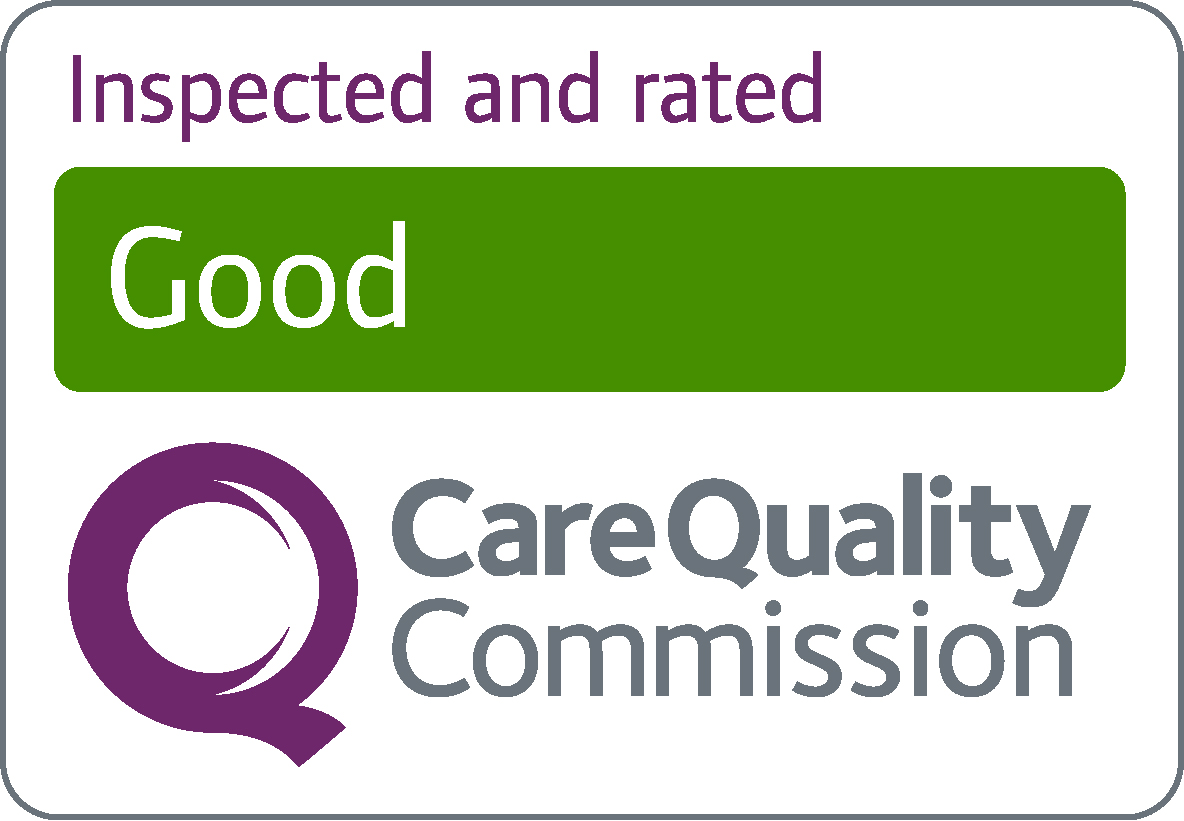Chief AHP's blog
Date of release: 31 July 2024

International Paramedics Day
By Dr Ros Leslie
International Paramedics Day earlier this month saw organisations set out to acknowledge the difference Paramedics make to people’s lives.
For my blog, I am joined by Candice Mansell, Paramedic Clinical Leadership Fellow (NHS England) and Advanced Clinical Practitioner (ACP) in Emergency Medicine at The Royal Wolverhampton NHS Trust (RWT), to learn more about her career.
“When you think of a Paramedic, you imagine an ambulance or a helicopter – but the reality is far more varied,” says Candice. “They work in hospitals, GP practices, mental health services, community health centres and more.”
At RWT we have 14 Paramedics across hospital and community services such as Intensive Care, Urgent & Emergency Care, and Primary Care.
Candice started her ambulance career in 2001, via the Institute of Health Care Development (IHCD) Technician route, then completed her Paramedic qualifications in 2003*.

Candice Mansell, Paramedic Clinical Fellow and Advance Clinical Practitioner in Emergency Medicine
During her career with West Midlands Ambulance Service, Candice completed a BSc degree, followed by a PGCert while working on Midlands Air Ambulance.
Candice furthered her career at a nearby NHS Trust, completing an MSc in Advanced Clinical Practice.
She moved to RWT in 2018 to work as an ACP in New Cross Hospital’s Emergency Department, supporting the delivery of high-quality patient care alongside an experienced multi-disciplinary team.
“Working on an ambulance, we’d work to keep the patient well enough to hand over to the hospital team – now I see it from the other side,” she said. “It’s different but I really enjoy it.”
As a Paramedic Fellow, Candice is part of NHS England’s National Clinical Leadership Fellowship Opportunity – RWT is the first Trust in the Midlands to host this exciting new role.
RWT supported Candice to take this 16-month secondment to the Workforce Training and Education Directorate with the Midlands NHSE Team to improve Paramedic education and develop a highly-skilled workforce.
She has worked collaboratively with Fellows across the country to share ideas. They recently scoped out training opportunities for student Paramedics outside the traditional ambulance spaces – such as GP practices and mental health trusts – resulting in richer learning experiences.
Candice has also undertaken further leadership development on secondment and is completing the NHS Rosalind Franklin Programme.
And while her secondment finishes in September 2024, the role has been a success as NHSE is now looking to recruit the next Fellow. Candice will now return to the ‘shop floor’.
Learn more about the role via the NHS Careers website
*There are different routes to becoming a paramedic:- A full-time approved qualification in Paramedic science (e.g. at a university) then apply to an ambulance service for a job as a qualified Paramedic
- Apply to be a student Paramedic with an ambulance service and study while you work
- Apply for a degree-standard apprenticeship in Paramedic science with an ambulance service

